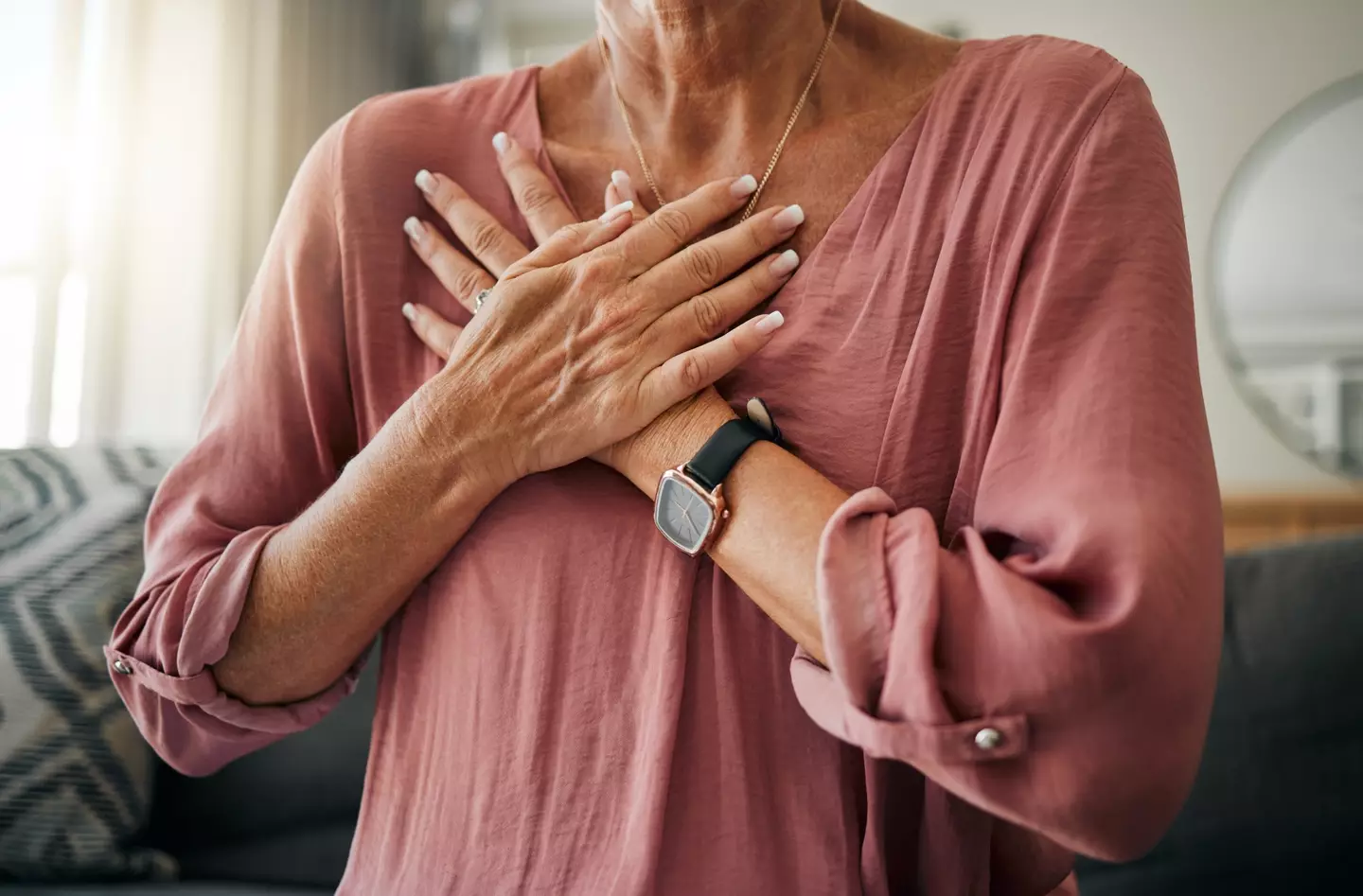
A doctor has made a pretty mind-blowing claim about why so many women refuse to be checked out by a doctor, even if they suspect they've undergone a heart attack.
Women - mothers, daughters, aunties, sisters and grandmas - are famed across the globe for putting almost everyone else's needs above their own.
So much so, that they're often guilty of neglecting their own health issues as a result, believing there are more important aspects of life to think about instead.

Advert
They'll make excuses about not having the time, having too much on their plate or too many things to think about - like work, their kids, their partners, finances, holidays, politics, water bills and almost everything else that many women are forced to handle on a daily basis.
Naturally, therefore, you might be under the impression that the reason why so many women put off making appointments to visit the doctor - no matter the severity of the ailment, meaning they'll even overlook signs of a life-threatening conditions.
It turns out, however, that there may well be an entirely different reason why ladies around the world are reluctant to make an appointment with their GP.
Gynaecologist Dr. Jen Gunter wrote an essay back in 2018, claiming that it's actually down to the level of pain that women endure every month when they're menstruating.

"If you are waiting for terrible, excruciating chest pain to tell you that you are having a heart attack, well, you are going to miss the heart attack," she told the news outlet recently.
"Heart attacks often produce vague symptoms or mild pain, that is why many people ignore them."
Dr Gunter continued: "In addition, more than 40% of women have no pain with heart attacks. It would be dangerous for women to think that a heart attack should be at least as bad as their menstrual cramps."
The shocking revelation has also been supported by medics working at Med Star Health, who explain that women 'rarely feel the classic crushing pain in the chest that appears for men who have heart attacks'.
It isn't just 'normal' cardiac arrests that have been catching women out, however, as 'silent heart attacks' have been attributed to the deaths of thousands.
.jpg)
Explaining that women's symptoms are often more subtle, the team of GPs listed the most important symptoms to look out for:
- Chest discomfort or fullness
- Blackouts or fainting
- Breathlessness during activities or waking up breathless at night
- Chronic fatigue after routine activities
- Dizziness that can indicate irregular heartbeats, or arrhythmias
- Swelling, particularly of the lower legs and ankles
- Palpitations, rapid heartbeats that may cause pain or difficulty breathing
- Nausea or vomiting, unrelated to diet, indigestion, or abdominal pain
- Sweating
Topics: Health, Life, True Life, Women's Health